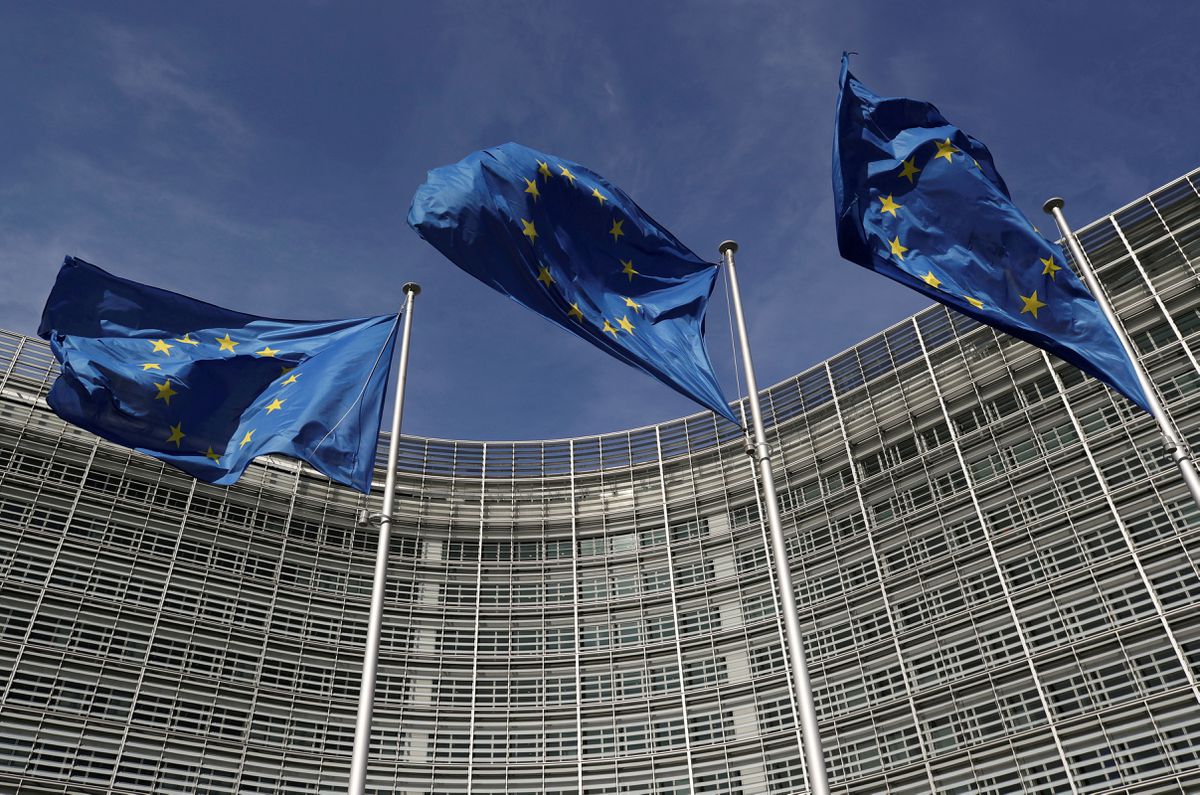Cyprus continues to experience excessive macroeconomic imbalances, the European Commission said on Monday during the presentation of its 2022 European Semester Spring Package.
“Overall, vulnerabilities are receding and are falling below their pre-pandemic levels in various Member States, justifying a revision of the classification of imbalances in two cases, where also notable policy progress has been made,” the European Commission said.
Greece and Italy were also found to be in the same category as Cyprus, while Germany, Spain, France, the Netherlands, Portugal, Romania, and Sweden are also experiencing imbalances, albeit to a lesser degree.
“The pandemic continues to have an extraordinary macroeconomic and fiscal impact that, together with the current geopolitical situation, creates exceptional uncertainty, including for designing a detailed path for fiscal policy,” the European Commission said.
“The Commission, therefore, does not propose to open new excessive deficit procedures,” it added.
The Commission said that it will reevaluate the budgetary situation of all member states in the autumn of 2022.
The package also included post-programme surveillance (PPS) reports for Cyprus, Ireland, Spain and Portugal, among other things.
Cyprus’ post-programme surveillance report noted that the Cypriot economy did well to recover from the financial downturn caused by the coronavirus pandemic. However, this will be offset by the negative effects of the war in Ukraine.
The Cypriot economy suffered a recession of 5 per cent in 2020, followed by a rise in real GDP of 5.5 per cent in 2021, an improvement over its performance in 2019.
“In 2022, it is expected that Russia’s invasion of Ukraine and the related sanctions will have a negative impact on exports of tourism, financial services, and business services,” the report said.
“Furthermore, the projected pick up of inflation to around 5.2 per cent in 2022, mainly due to higher oil prices, is expected to erode purchasing power with negative repercussions on
private consumption,” it added.
The above has led the European Commission to revise real GDP growth downwards to 2.3 per cent, 1.8 per cent lower than its previous estimate.
The expected decline in economic activity will likely lead to an increase in unemployment.
The report explained that despite an expectation that economic activity will increase by 3.5 per cent in 2023, major risks will continue to be present.
This is due to the uncertainty caused by the war in Ukraine and its resulting sanctions on Russia, as well as the evolution of the coronavirus pandemic.
“Despite a marked improvement in the fiscal position in 2021, the repercussions of Russia’s invasion of Ukraine are also set to raise risks to the fiscal outlook,” the report stated.
It also noted that the government deficit fell from 5.8 per cent of GDP in 2020 to 1.7 per cent in 2021, primarily due to increased government revenues, while also limiting the growth of expenditures to 6.1 per cent.
Despite the deficit being expected to further improve in 2022, Cyprus’ fiscal prospects are still faced with significant risks.
“Tax revenue from tourism and professional services sectors could be affected more than
anticipated by the repercussions of Russia’s invasion of Ukraine,” the report said.
“Furthermore, higher than expected costs related to the implementation of the National Health System (NHS) reform could negatively affect the fiscal outlook,” it added.
In addition, the report also stated that the proposed expansion of state-owned asset management company Kedipes into a national one could further damage Cyprus’ public finances in 2022.
In terms of the Cypriot financial sector, the report praised banks’ performances during the pandemic, as well as their efforts in reducing non-performing loans (NPLs).
However, despite Cypriot banks’ strong capital positions and ample liquidity, profitability was highlighted as an ongoing concern.
“Profitability is still affected by high impairment charges, elevated operating costs, partly due to labour market rigidities, limited income diversification and compressed lending margins in a small market characterised by strong competition,” the report said.
The report stated that Cyprus’ ability to repay its debt to the European Stability Mechanism (ESM) is solid, with its financing needs for the remainder of the year being covered by a substantial cash buffer.
“Public debt is projected to decline in the coming years, supported by GDP growth and primary surpluses, while loan repayments to the ESM will only begin in 2025,” the report said.
“Cyprus enjoyed a supportive market environment when tapping the international markets in January 2022 and it continues to have an ‘investment grade’ ranking from three major rating agencies,” it added.







Click here to change your cookie preferences